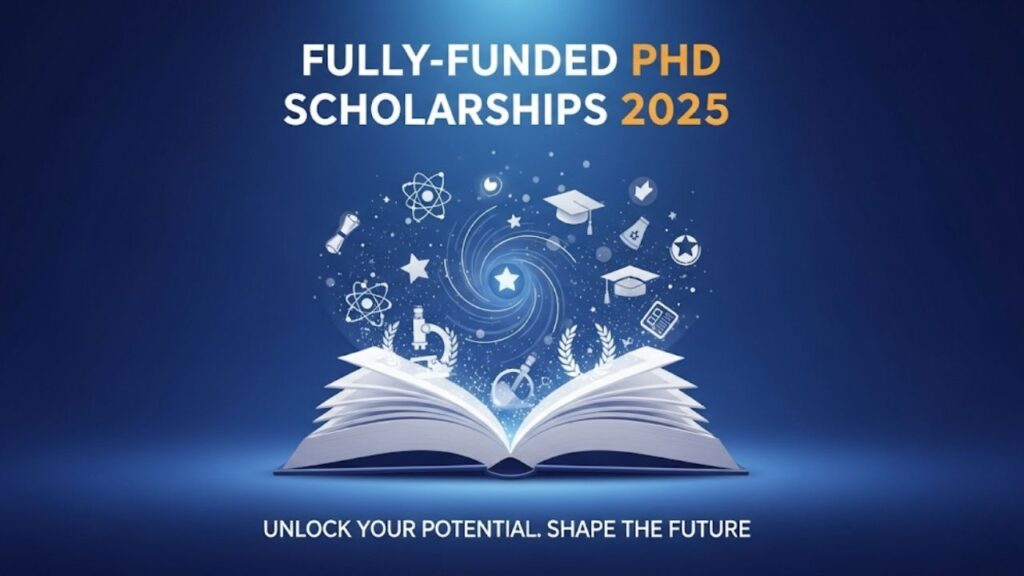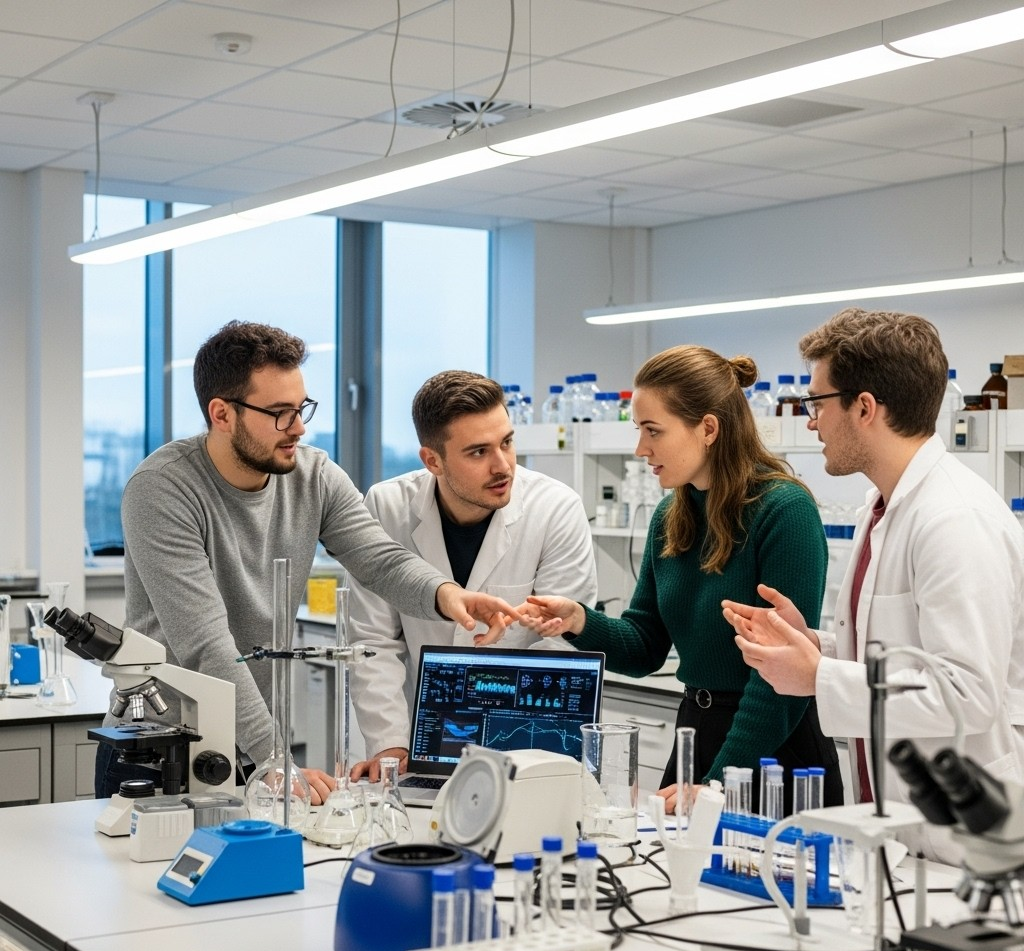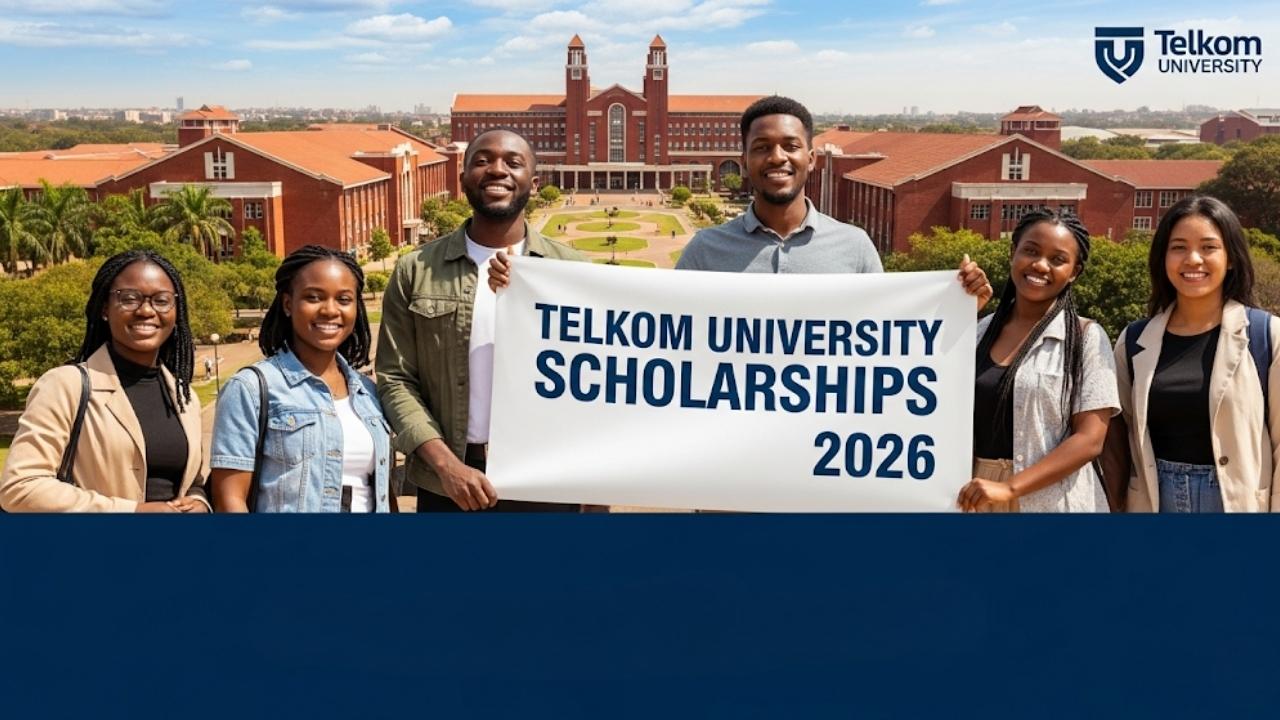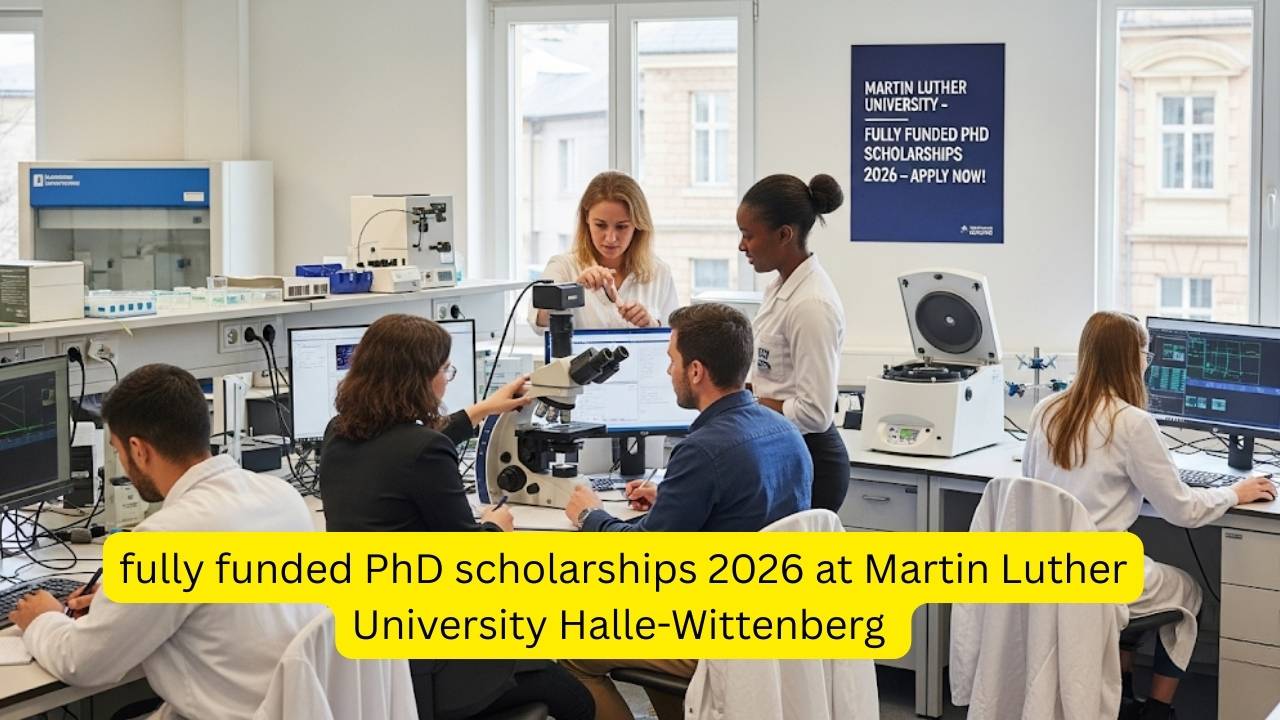Dreaming of a PhD that combines cutting-edge research with a vibrant, international community? The Fully-funded PhD Scholarships 2025 at the Vienna Graduate School of Population Genetics could be your ticket. This program isn’t just about earning a degree; it’s about becoming a part of a dynamic scientific environment in one of Europe’s most beautiful and culturally rich cities. This article will walk you through the entire process, from understanding the program’s unique focus to crafting an application that truly stands out, helping you confidently pursue your goal of studying in Austria.

What is Population Genetics? A Look at the Core of the Program
Population genetics is a fascinating and crucial field that sits at the intersection of genetics, evolution, and statistics. It’s the study of how genetic variation changes over time within and between populations. Essentially, it helps us understand the fundamental forces of evolution—like natural selection, mutation, and genetic drift—by looking at real-world data.
The Vienna Graduate School of Population Genetics offers a unique, interdisciplinary approach to this topic. You won’t just be a biologist; you’ll be a scientist who uses computational tools, mathematical models, and even experimental methods to tackle complex questions. This is a program for curious minds who love connecting the dots between different scientific disciplines. In my experience advising students, the ones who succeed in this kind of program are those who aren’t afraid to step outside their comfort zone and learn new skills, whether it’s coding or advanced statistical analysis.
Key Research Areas and Faculty Expertise
The program’s strength lies in its diverse and collaborative faculty, who are leaders in various sub-fields. When you apply, you’ll have the chance to indicate your preferred research topics. This is a crucial step, so you’ll want to get to know the faculty and their work. Here are some of the key research areas you can expect to explore:
- Experimental Population Genetics: Using model organisms like Drosophila (fruit flies) to conduct experiments and observe evolutionary changes in real-time.This is a great area for those who love hands-on lab work.
- Theoretical Population Genetics: Developing mathematical models and theories to predict how populations evolve under different conditions. This is a perfect fit for students with strong backgrounds in math or physics.
- Bioinformatics and Computational Genetics: Creating and using sophisticated algorithms and software to analyze the massive amounts of genomic data being generated today. This area is the backbone of modern genetics research.
- Genetics of Adaptation: Understanding the specific genes and genetic pathways that allow organisms to adapt to new environments, whether it’s a plant adapting to a new climate or an animal developing resistance to a pathogen.
The faculty includes experts like Christian Schlötterer, a pioneer in using microsatellites to study selection, and Joachim Hermisson, whose work focuses on the theoretical conditions for adaptation and speciation. Getting to work with such experienced mentors is an incredible opportunity.

The Application Process: A Step-by-Step Guide to Success
Applying for a PhD can feel overwhelming, but breaking it down into manageable steps makes all the difference. The application process for the Vienna Graduate School is typically a two-stage process. The most recent application period for 2025 has closed, but based on past timelines, a new call for applications will likely open in autumn.
Stage 1: The Written Application
Your initial application is your first chance to make an impression. It’s more than just a list of your achievements; it’s a narrative that tells the faculty who you are and why you’re a perfect fit for their program.
- What to Submit: You’ll need a detailed CV, a clear motivation letter, transcripts, and your master’s degree certificate. If you haven’t completed your degree yet, recent transcripts are acceptable.
- The Motivation Letter: This is your chance to shine. Explain why you’re passionate about population genetics, what specific research questions you want to explore, and how your past experience—whether from your master’s thesis, a lab internship, or coursework—has prepared you for this. Be specific! Don’t just say you’re interested; demonstrate it.
- Reference Letters: You’ll need at least two letters of recommendation from scientists who can speak to your scientific qualifications. It’s vital to contact your referees early to give them plenty of time. A strong letter from a professor who knows your work well is far more valuable than a generic one from a well-known name.
Stage 2: The Interview
If your written application is successful, you’ll be invited for an interview. This is a multi-phase process designed to get a holistic view of your potential as a researcher.
- Publication Presentation: You’ll be asked to present and discuss a scientific paper. This isn’t a test of your memory, but rather of your critical thinking skills. Can you understand complex research, explain it clearly, and answer questions about its methods and implications?
- Q&A with Faculty: The faculty will ask questions about your background, your research interests, and your motivation for the program.8 Be prepared to talk about your master’s thesis and any other research you’ve been involved in.
- Meeting Current Students and PIs: This is your opportunity to turn the tables and ask questions of your own. Use this time to get a feel for the program’s culture. Ask about the day-to-day life, the support systems in place, and the relationships between students and faculty.
The Benefits: What the Scholarship Offers You
These aren’t just empty promises; the Fully-funded PhD Scholarships 2025 are designed to let you focus entirely on your research without financial stress. The generous stipend, which is a monthly salary, allows you to live comfortably in Vienna.
- Financial Support: Accepted PhD students receive a monthly salary based on the regulations of the Austrian Science Fund (FWF). This includes full health and social benefits.
- Research Funding: The program also covers all research-related expenses, including conference travel and necessary equipment. This means you can pursue your scientific interests without limitations.
- International Environment: Vienna is a hub for science and culture. The program itself is highly international, with students from all over the world. This creates a rich, collaborative environment where you can learn from different perspectives and build a global network.
International Visegrad Fund Grants 2025: Fuel Your Project’s Impact
Your Guide to the Chevening Scholarship 2025: How to Win a Fully Funded Master’s in the UK
FAQs
Q1:Is the program open to international applicants?
Yes, absolutely! The program is open to applicants of all nationalities. The working language of the program is English, so proficiency in German is not required.
Q2:What kind of background do I need?
The program welcomes students from a variety of backgrounds. While a master’s degree in a related field is necessary, successful applicants often come from disciplines like bioinformatics, mathematics, statistics, evolutionary genetics, or even physics. The key is a strong quantitative or experimental background and a genuine passion for interdisciplinary work.










